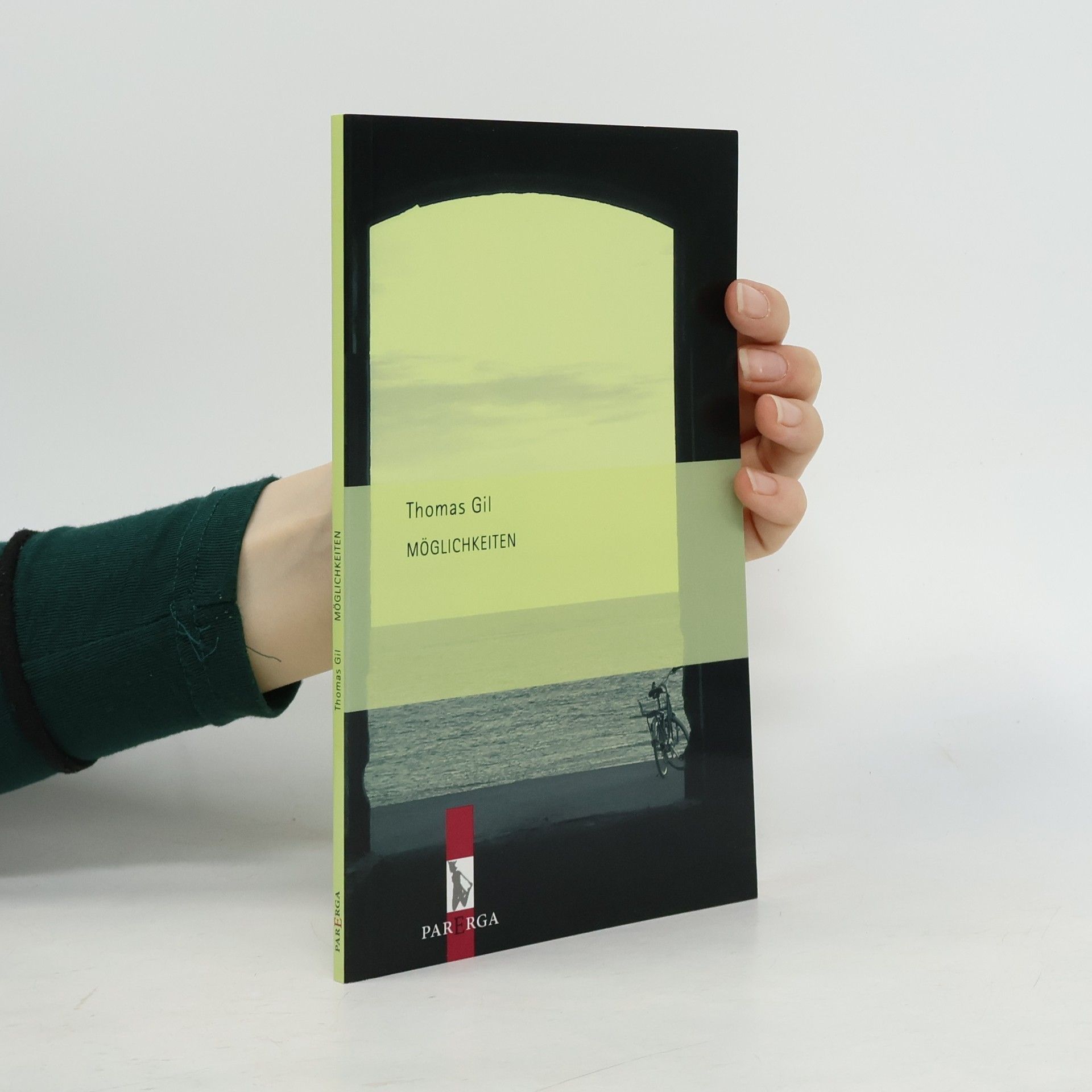In den folgenden Skizzen geht es um Geist, Intentionalität, Objektivität, Vernunft und Sprache. Ein Denken, welches Klarheit über Geistiges, Vernünftiges, Sprachliches und Seiendes anstrebt, ist ein philosophisches Denken.
Thomas Gil Book order (chronological)
October 21, 1954



In den Skizzen dieses Bands geht es um anfechtbare „Gottesbeweise“, um Innovationen und deren Folgewirkungen, um Musik und Sprache, um das Sein und die Seienden sowie um „unglückliches Bewusstsein“. Streng genommen, kann man über „Gott“ und die „Welt“ nicht schreiben. Für Immanuel Kant sind sie „Ideen“, die gedacht werden müssen, um etwas Anderes zu erkennen, aber selbst kein Gegenstand von Erkenntnis. So betrachtet, geht es im Folgenden um Weltliches und Überschreitendes, und zwar aus der Perspektive einer „konsequentialistischen“ Reflexion, die davon ausgeht, dass alles eine Folge von etwas ist und eine Reihe von Folgewirkungen hat.
Möglichkeiten
- 76 pages
- 3 hours of reading